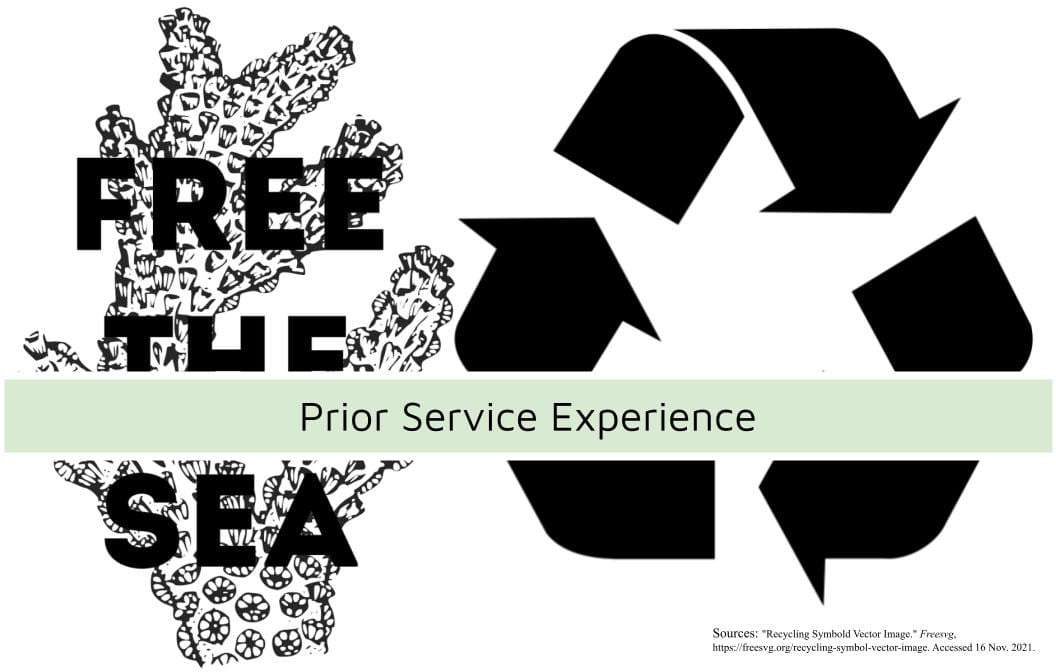CAS Project Process:
When brainstorming ideas for my CAS project, I knew I wanted to focus on the service aspect of CAS. I am a service leader of OSC’s Recycling and Sustainability program, and I was brainstorming different projects I could do involving the service. I wanted to leave a mark on OSC, and the service group, something physical that will outlast my time at OSC, and remain useful for several years after. My original idea was to upgrade the current recycling room, as we had problems with insects and organization. However, we were relocated in January as new security turnstiles replaced the recycling room. We were relocated to a small section of the open parking lot, under a metal cover. We had a room built in that location to help protect the recyclables from rain, and falling debris such as leaves.
One major problem we face as a service is that non-recycling items are mixed into the recyclables. Additionally, we would often find that people would dump a large amount of paper and cardboard into the room in a disorganized manner. This would mean that we would spend the whole service block time cleaning and organizing the room. We also had no clear signage. So I decided for my CAS project, was to create a sign that indicates the rules of the recycling room, what can and cannot be recycled, and who to contact if they have any questions.
I decided on having 3 total signs, two outdoors in the room and one indoors. The first outdoor sign would indicate that this is where the recycling room is. Since we recently have moved location, it is important to make it clear to people where recyclables go, because otherwise they end up in the trash, and go to a landfill. The first sign will also have text highlighting OSC’s commitment to reducing its environmental footprint, how the recycling room is run, and rules regarding placing items in the room. I wanted to have this text in English, Tamil, and Sinhala, the national languages of Sri Lanka. I translated the text into Tamil and Sinhala and asked my housekeeper’s husband, who is fluent in both languages, to check the translation. The second sign will indicate what items can and cannot be recycled by the room. Currently, we collect mainly paper and cardboard, however, our scrap dealer will also accept (intact) glass and metal, but this is very rare to find on campus. We often get dirty cardboard, such as food-filled pizza boxes and tissues, both of which we do not deal with as it is both a hazard for our service group and attracts insects and rodents. The sign clearly shows that all items must be clean, this should reduce the amount of food and tissues we get in the recycling room. At the bottom of sign two, there is also contact information for Mr Lockwood, the service leader, and also the student leaders. The third sign will be placed inside the room and will highlight the information outside of the room, such as organization, and what materials can and cannot be recycled. Once I got a grammar and spelling check for all languages I downloaded my design as a PDF and went to my local print shop. The place I went to is called Leaf Next Day Print. I talked with a consultant, and they recommend that since these signs would be exposed to Sri Lanka’s humidity, temperature, and rain, the signs should be on compact foam board, and also laminated. I decided on an A2 size for the signs, which is 42, by 60 cm. A2, in my opinion, was the best dimension for these signs, as they both have to be readable from a distance, but also fit within my price range. The designs were printed by the next day, and I will hang them up in the room when we get back to school when Sinhala & Tamil New Year Holidays end.
CAS Project Reflection:
This CAS project allowed me to explore both the Creativity and Service aspects of CAS. Creating this poster allowed me to improve and develop my graphic design skills. Additionally, I had to do research during the process. The information I learned from the research during this process I could use in other academic, and non-academic projects. Additionally, this project allows me to engage with a global issue, pollution, as this sign will make recycling at OSC more efficient.
CAS Learning Outcomes:
#1 Identify your own strengths and develop areas for personal growth.
#2 Demonstrate that challenges have been undertaken, developing new skills in the process.
#3 Demonstrate how to initiate and plan a CAS experience.
#4 Show commitment to and perseverance in CAS experiences.
#6 Demonstrate engagement with issues of global significance.
Photos:
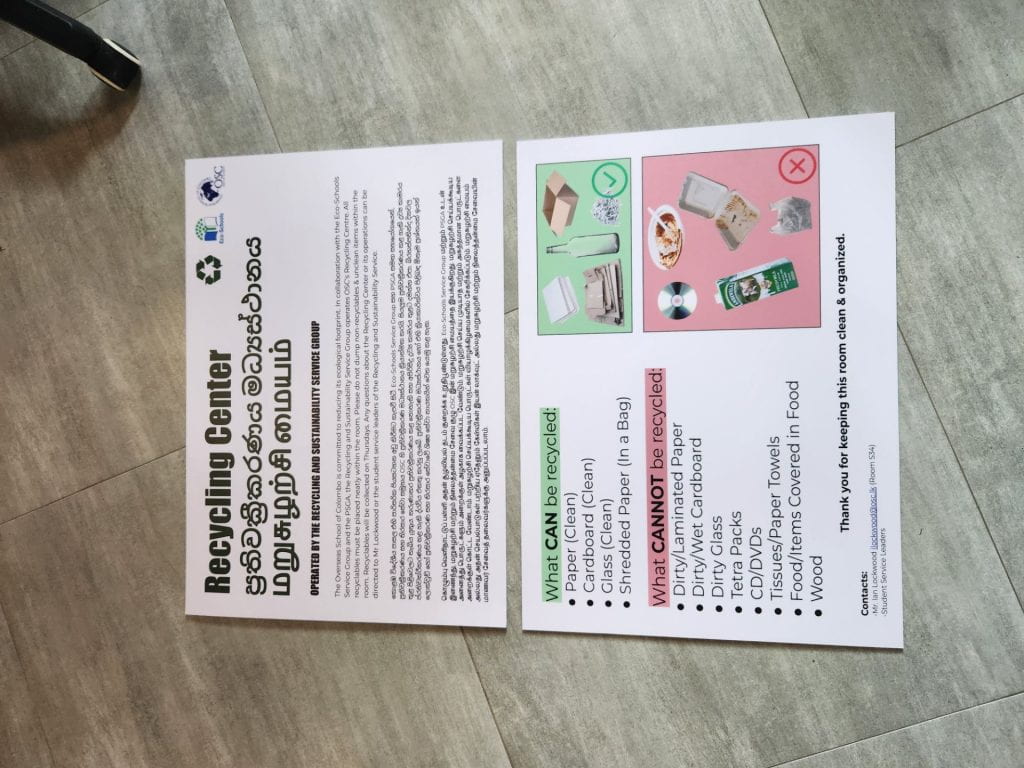

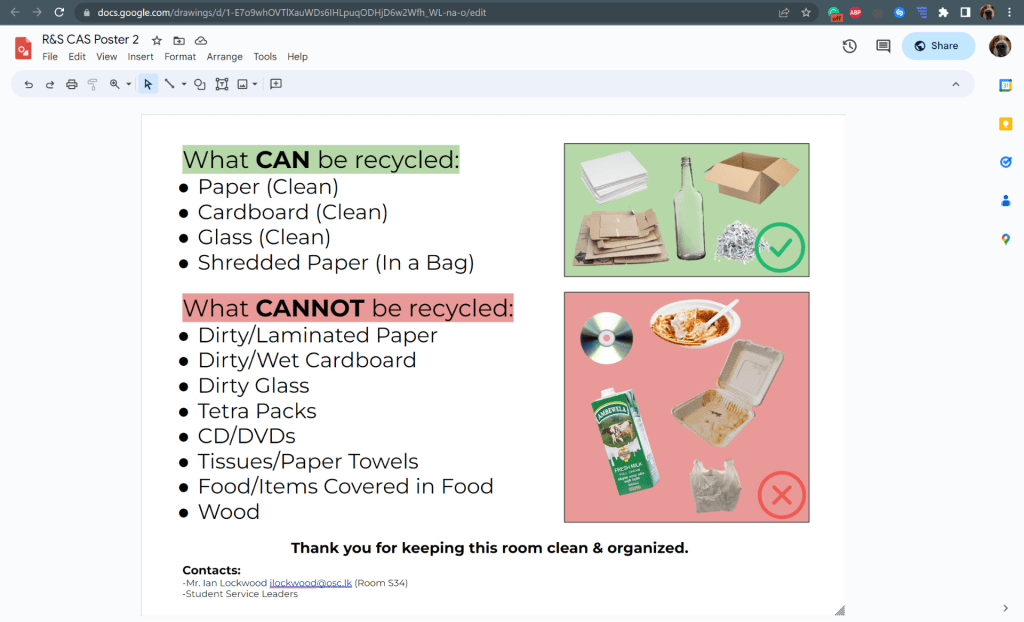
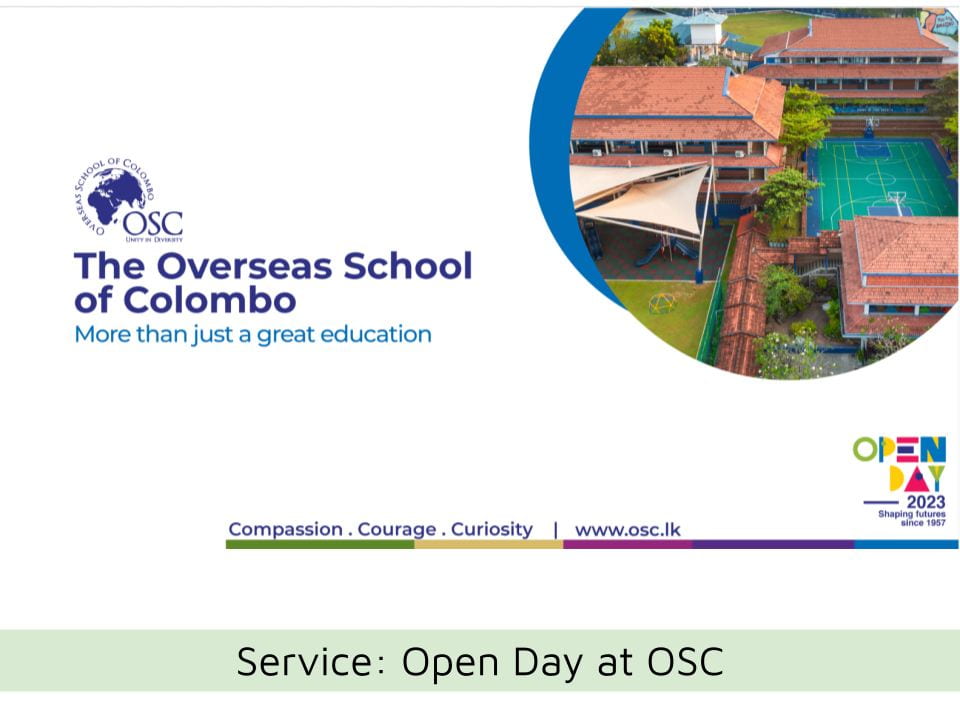
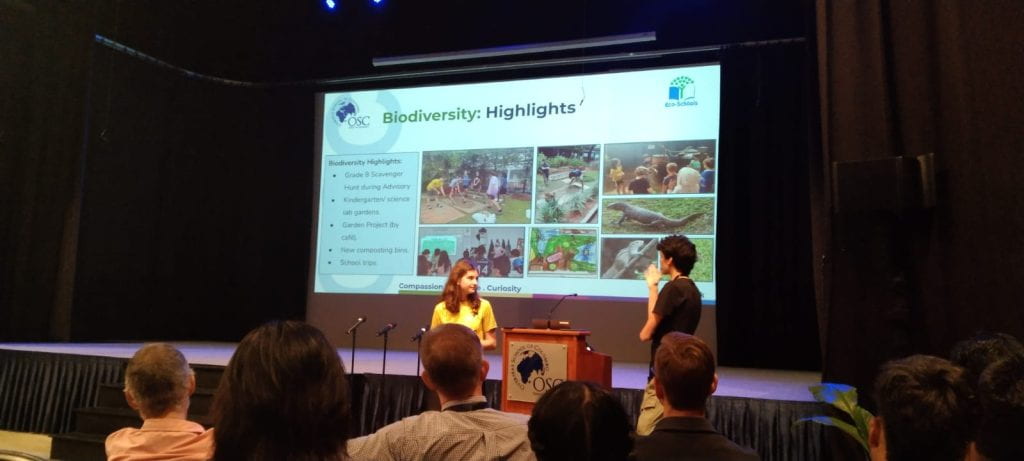

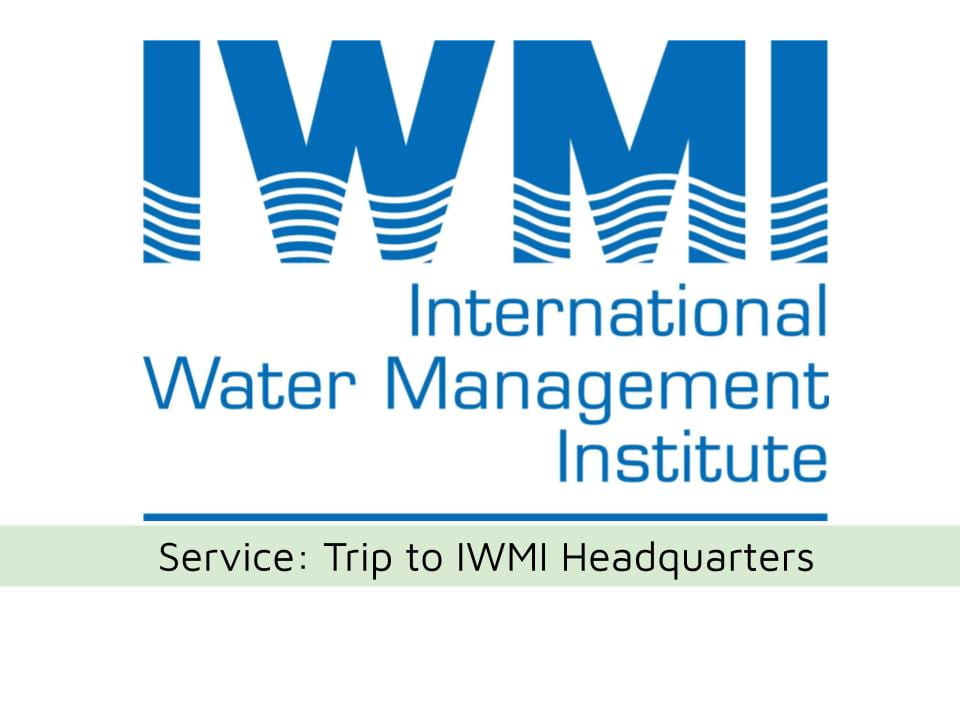
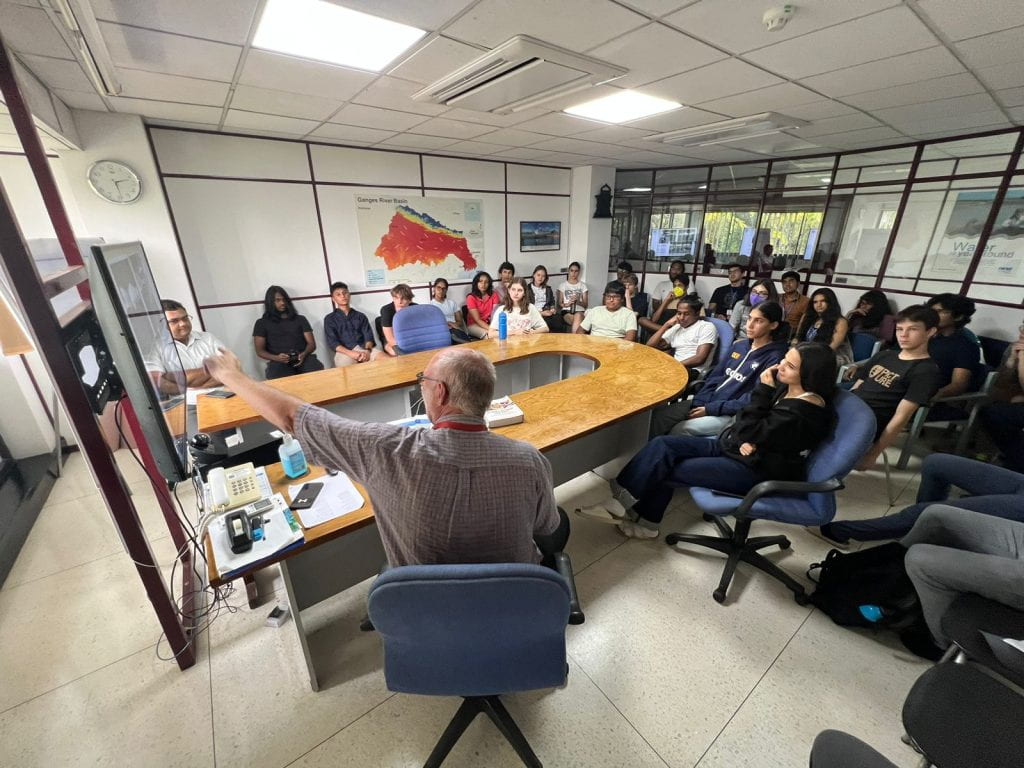
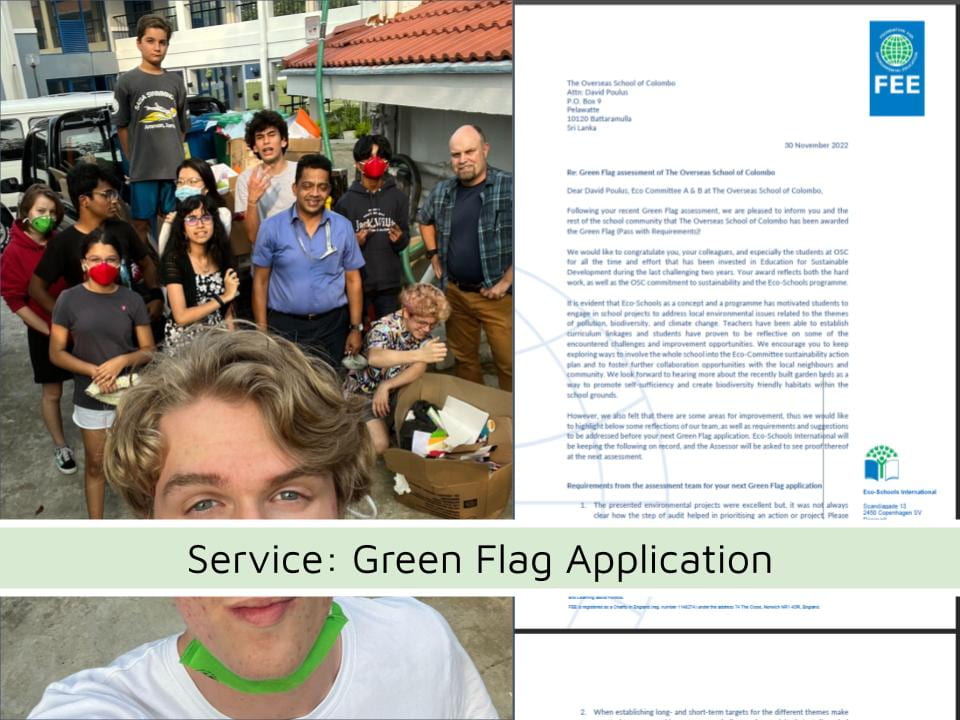


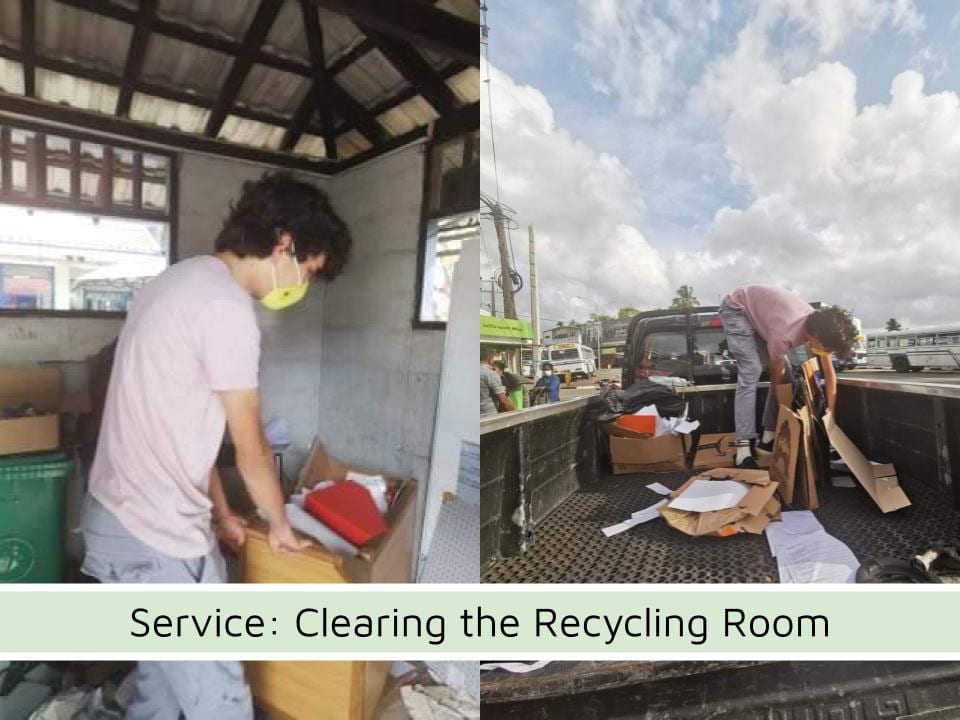
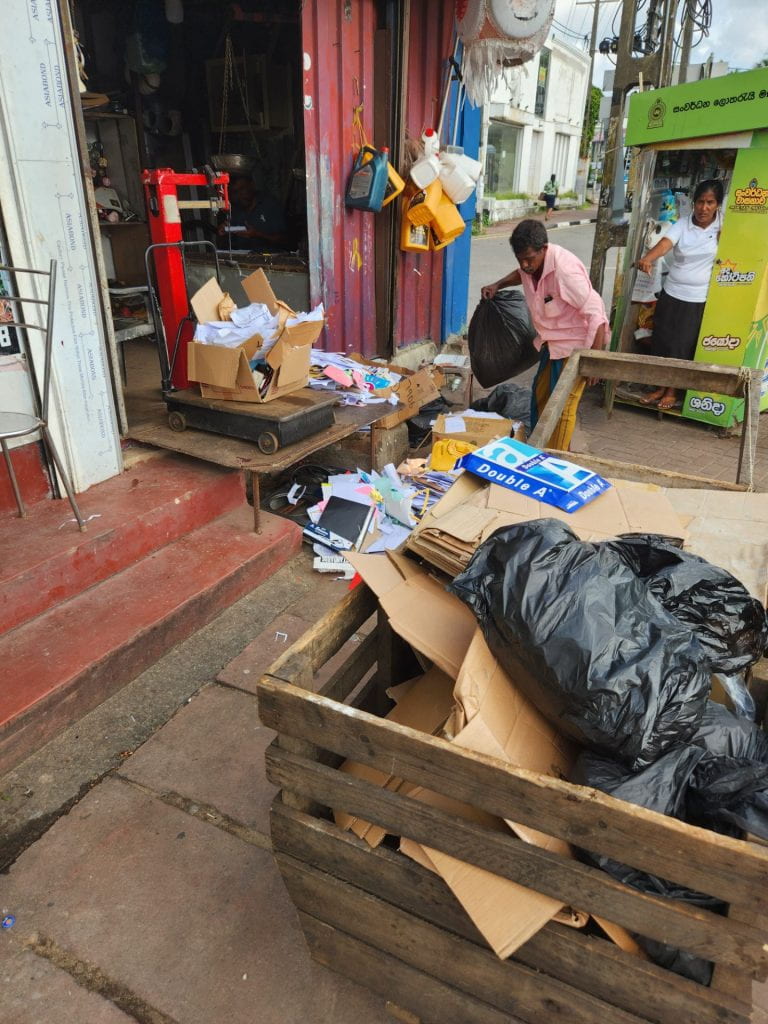
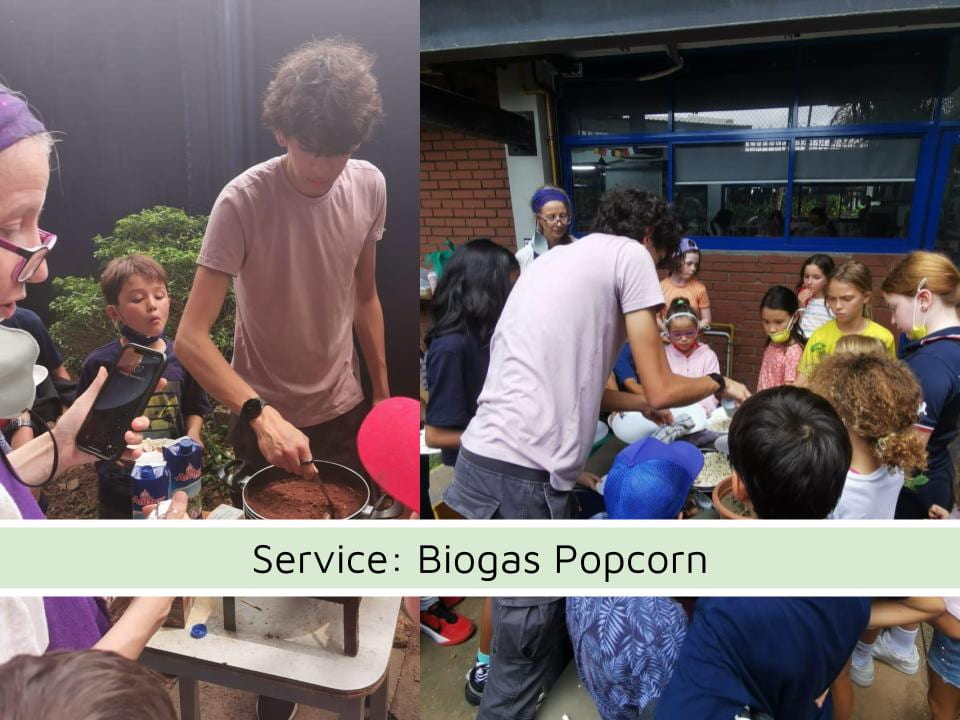
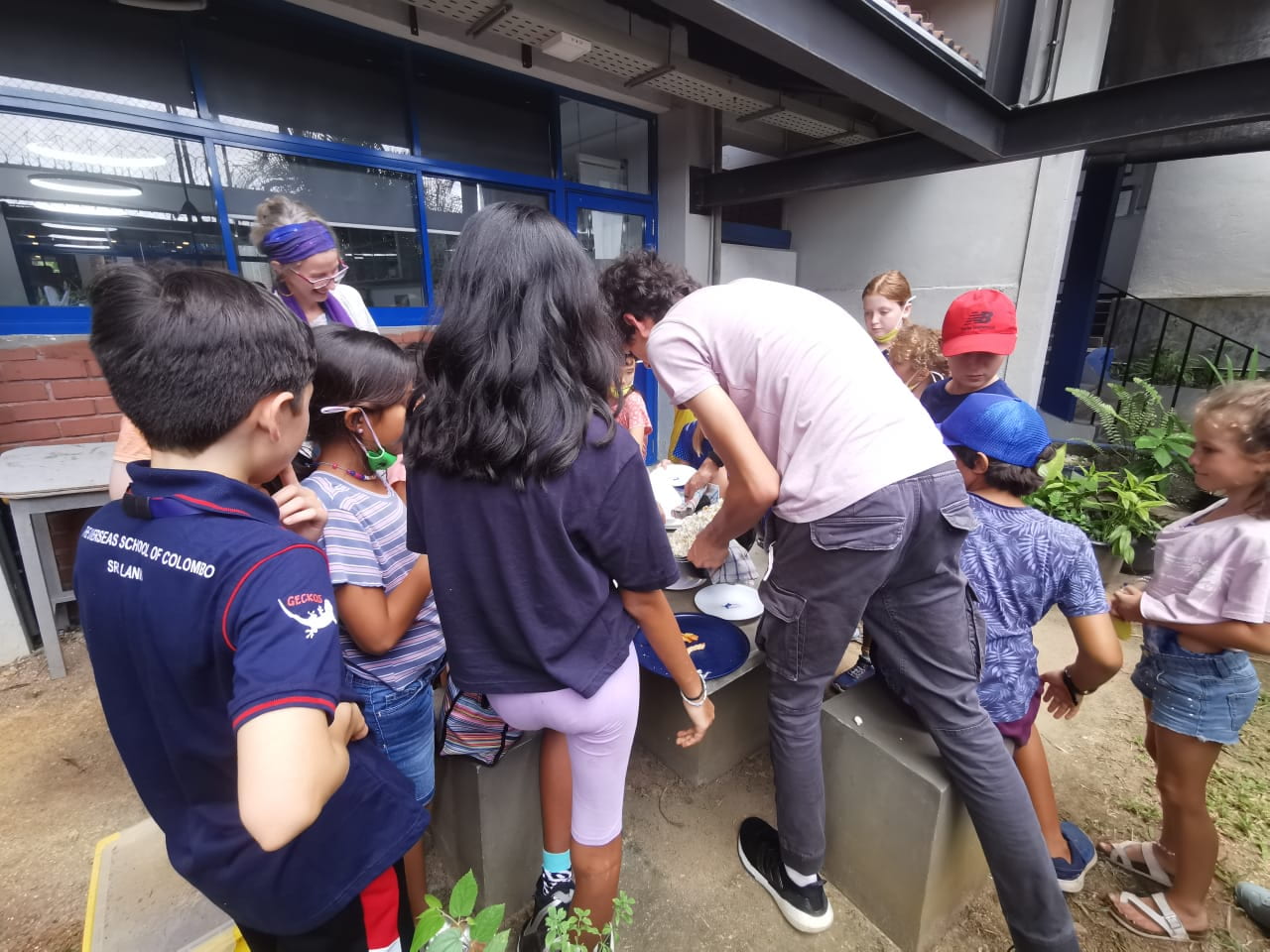
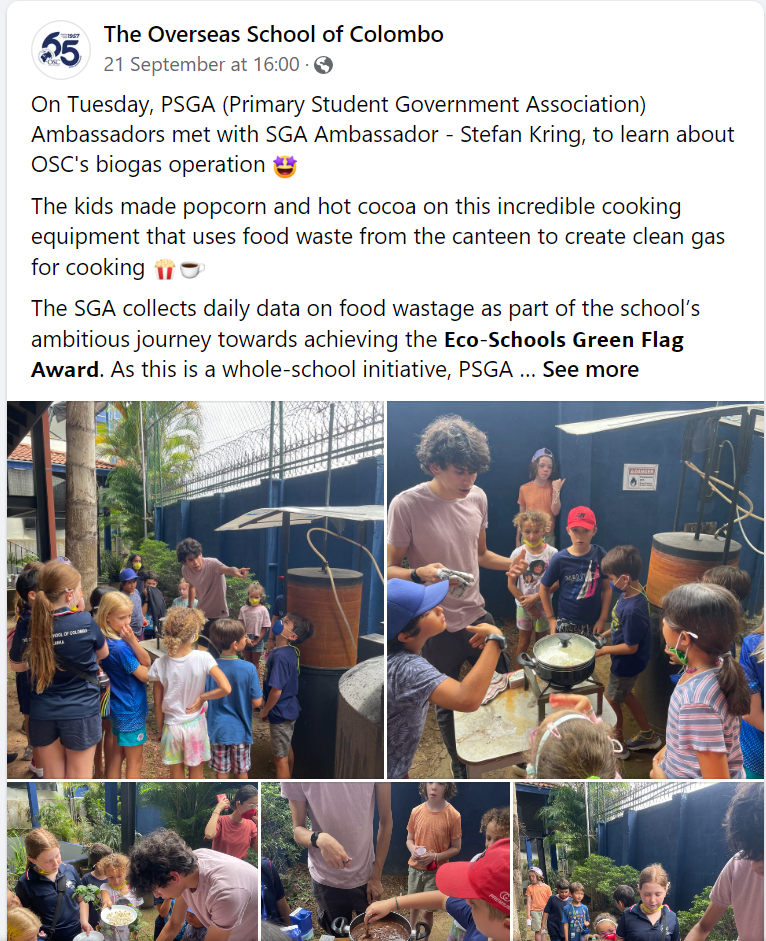
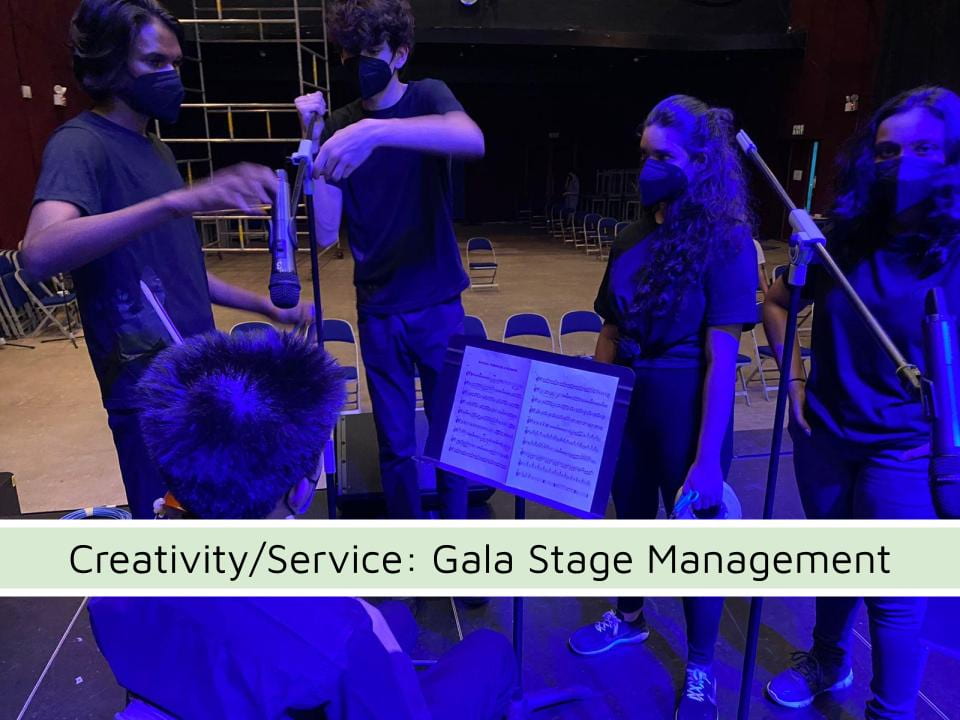
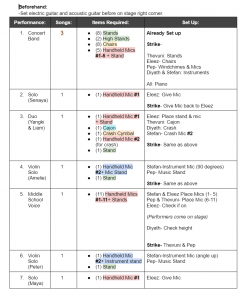
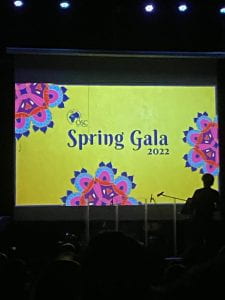
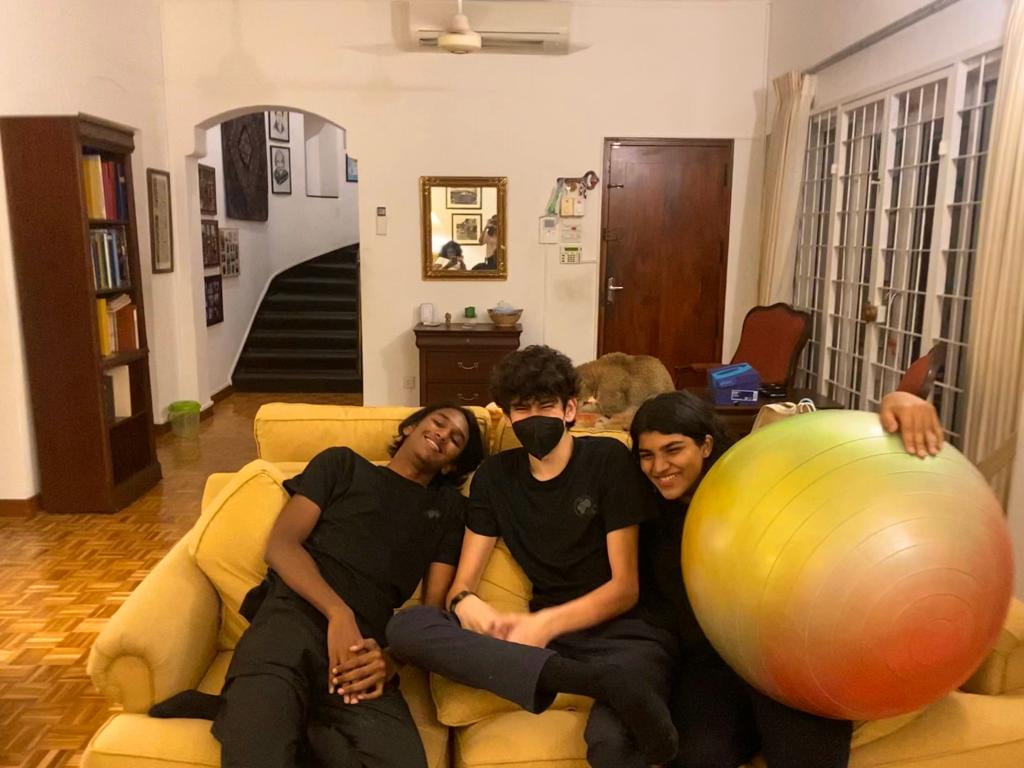
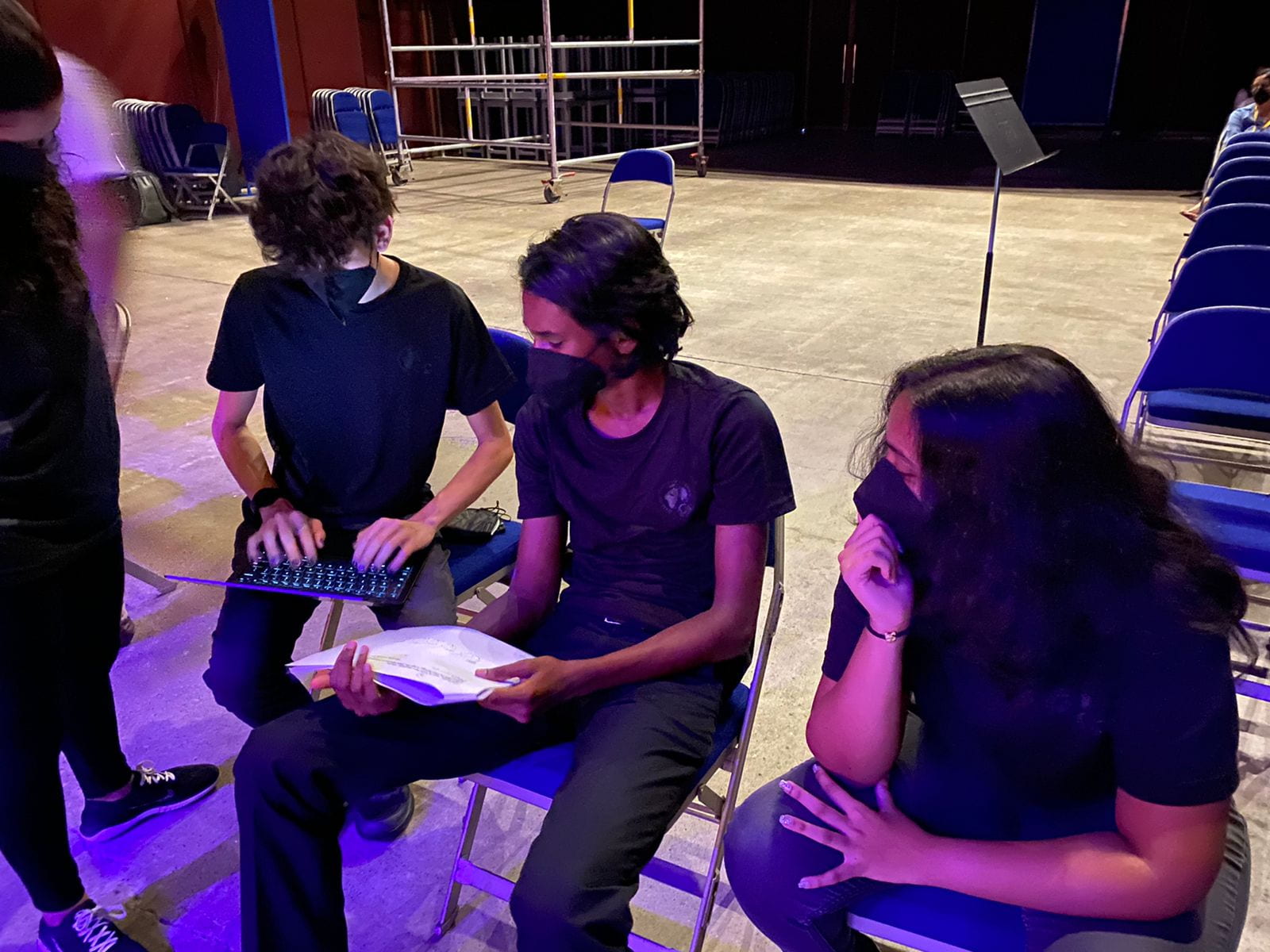
 My service progress:
My service progress: